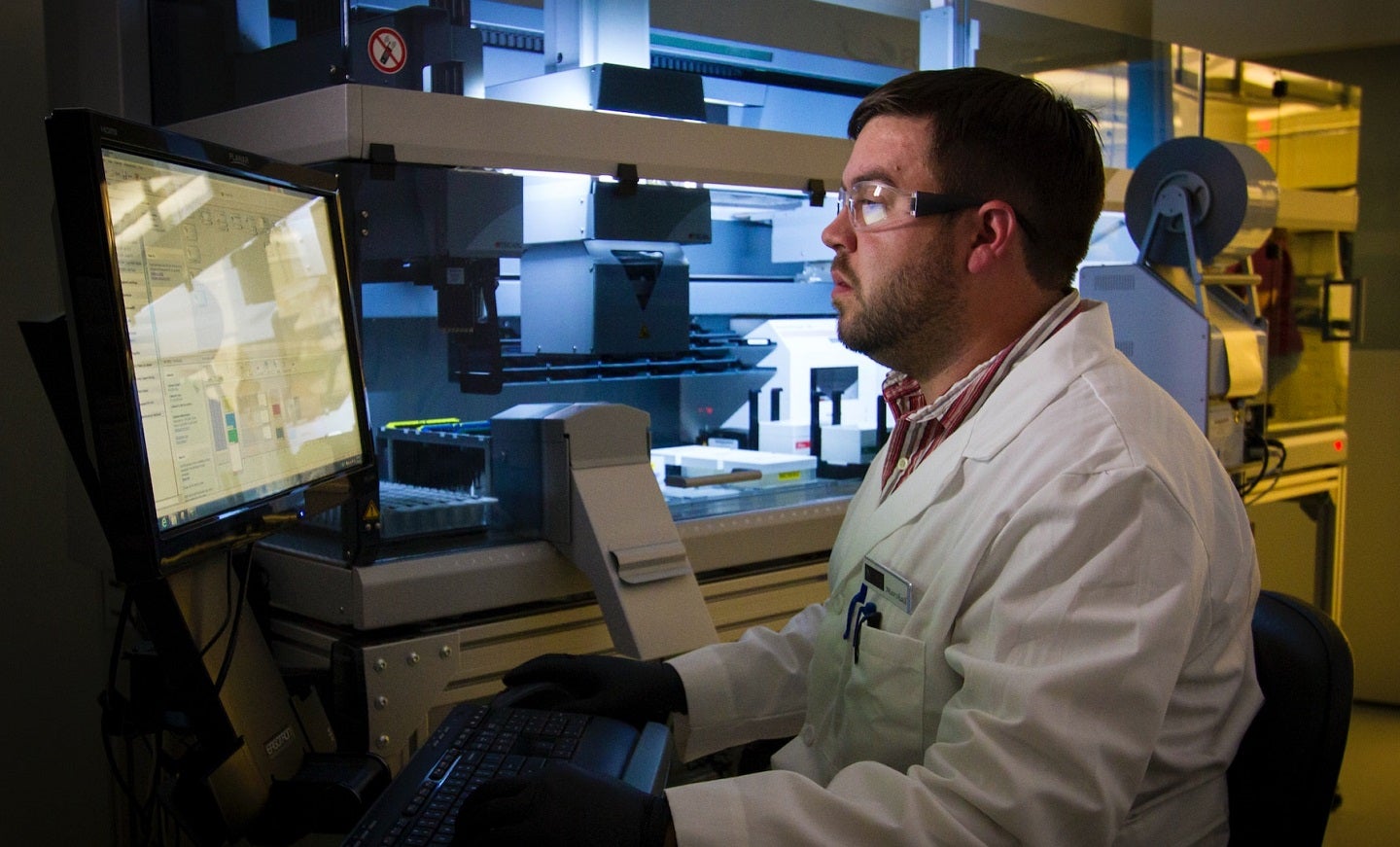
Mirati Therapeutics has entered into a strategic collaboration with Sarah Cannon Research Institute (SCRI) to increase diversity in the process of hiring participants for oncology clinical trials.
Under the tie-up, Mirati and SCRI will execute practices and programmes to eliminate barriers for participants to take part in clinical trials.

Discover B2B Marketing That Performs
Combine business intelligence and editorial excellence to reach engaged professionals across 36 leading media platforms.
Both entities will focus on extending education for physicians and patients as well as offer improved access to community-based clinical trials.
They will further work on minimising complexities related to activating clinical trials to allow the inclusion of higher number of community practices in research studies.
In addition, Mirati will work directly with SCRI’s full-service, oncology-focused contract research organisation (CRO) Development Innovations to implement the joint efforts across the SCRI network.
SCRI’s research network currently includes over 1,300 physicians who are actively adding patients to clinical trials at over 250 sites in 24 states in the US.

US Tariffs are shifting - will you react or anticipate?
Don’t let policy changes catch you off guard. Stay proactive with real-time data and expert analysis.
By GlobalDataLeveraging SCRI’s Personalised Medicine Programme, Mirati and SCRI will use clinical trial matching data to know obstacles in trial participation in a better way and eventually develop protocols to resolve challenges.
Data from American Association for Cancer Research (AACR) revealed that around 85% of cancer patients are treated in community centres.
Mirati Therapeutics chief medical officer Alan Sandler said: “By focusing on community-based sites, we can better understand the health needs of patients living with cancer and provide more tailored, patient-centered care.
“This partnership will allow us to gain a deeper understanding of the challenges patients face to enable us to better design our clinical studies to be representative of all patient communities.”





